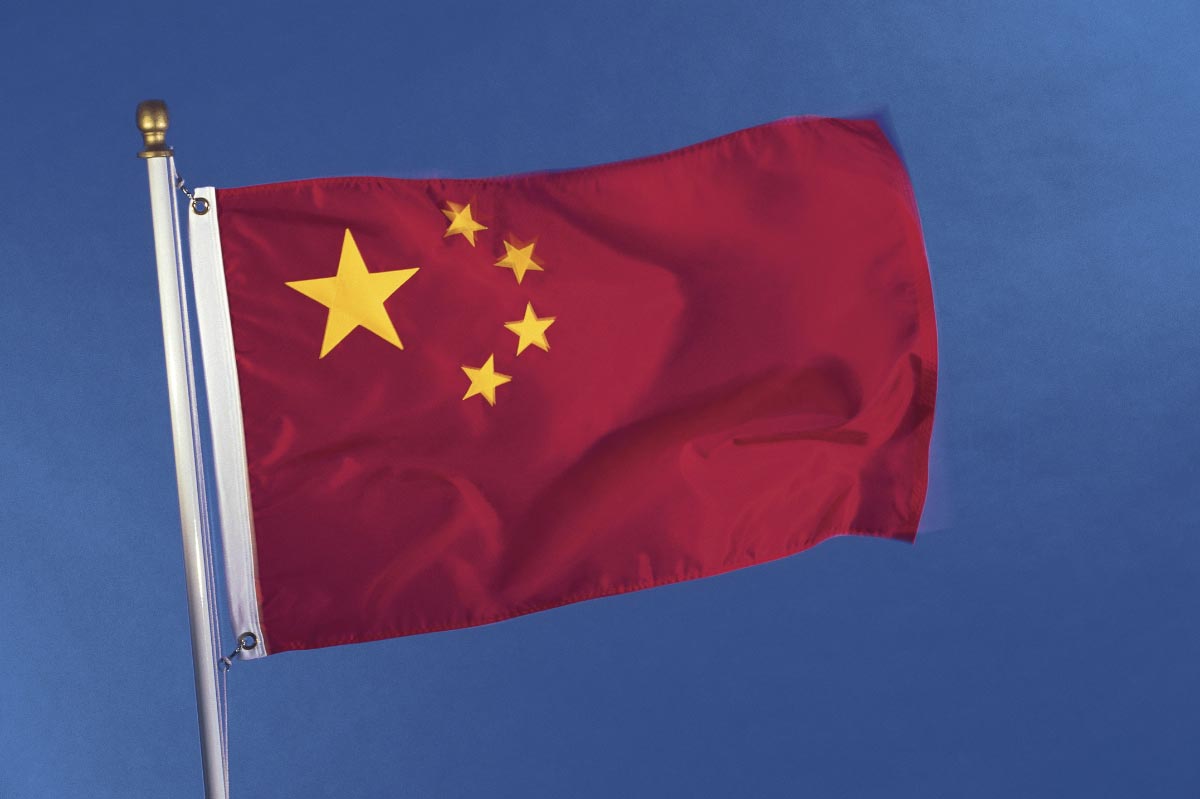On the surface, it looks as though things in China, with the world’s No. 2 economy, are doing just fine, financially. Everywhere in major cities there is new construction. The country’s exports are healthy. Less Chinese are poor today than at just about any time in the country’s long history.
But things are about ready to change, and in a big, big way, and when they do, there will be major economic ripples around the world, including within the world’s No. 1 economy, the United States.
As reported by the U.K.’s Independent, investors, economists and financial analysts see signs developing in China and other emerging great-power economies that resemble the overheating that occurred in the U.S. and United Kingdom in the lead-up to the Great Recession of 2007-08, warns the annual report of the Bank for International Settlements.
Claudio Borio, head of the influential banking group’s monetary and economic department, noted in the report that a new recession could arrive “with a vengeance,” adding that “the end may come to resemble more closely a financial boom gone wrong.”
The report predicts doom and gloom for the global economy just beyond the horizon. (Related: Is the long-predicted U.S. economic collapse set to begin?)
For one, the BIS is predicting that many central banks will have to raise interest rates following years of record low lending rates as a counter to rising inflation, which it says could “smother” growth.
In addition, the so-called central bank for central banks also noted a threat from rising debt in China and elsewhere, as corporate debt outpaces gross domestic product (GDP). City AM added that rising protectionism in the U.S. under the Trump administration could also have a negative effect on global growth (though President Donald J. Trump’s trade policies, while focused on American companies’ growth and American job growth, is not strictly protectionist as he still favors global trade).
“Leading indicators of financial distress point to financial booms that in a number of economies look qualitatively similar to those that preceded the global financial crisis,” Borio said.
A decade ago China and emerging economies were able to avoid most of the worst parts of the Great Recession, but this time around they may be hit with a convergence of major risks. As debt levels rise in China, it makes the country more vulnerable to the expense of rising interest rates.
City AM noted further:
While the last global financial crisis was triggered by sub-prime debt lent to American households, the Chinese debt load is spread through both corporations and households. Chinese corporate debt has almost doubled since 2007 to reach 166 percent of GDP, while household debt jumped in the last year to 44 percent of GDP.
At the same time, the BIS noted that the debt-to-GDP gap indicates the former is building faster than long-term averages. That measure alone, which is an “early warning indicator,” for a country’s financial and banking systems, shows that Hong Kong, Thailand and China are much farther extended than comparable major economies.
There’s more. International credit rating service Moody’s cut China’s rating for the first time since 1989, from A1 to Aa3, “which could potentially raise the cost of borrowing for the Chinese government,” the Independent reported.
What’s that mean for Americans?
Depending on which industry you work in, a Great Recession-like crash in China and throughout Asia will be devastating. Wages would flatline (again) or plunge outright; jobs dependent on Chinese industries would vanish. And this is on top of the fact that in many parts of the world (and many parts of the U.S.), people and nations are still recovering from the 2007 crash.
What are you doing to get better financially prepared? Consider:
— Start working on reducing your debt, now
— Raise money by getting rid of things you no longer need or use using VarageSale.com, craigslist.com, etc., and use it to pay off debt
— Pay off credit cards (and cut up all but one)
— Consider shutting off cable/satellite TV in favor of streaming programs
— Grow more of your own food, then can/dehydrate/freeze it
— Learn a practical skill you may use to earn a living
— Pick up a part-time job and use the extra money for paying down debt and savings
J.D. Heyes is a senior writer for NaturalNews.com and NewsTarget.com, as well as editor of The National Sentinel.
Sources include:


